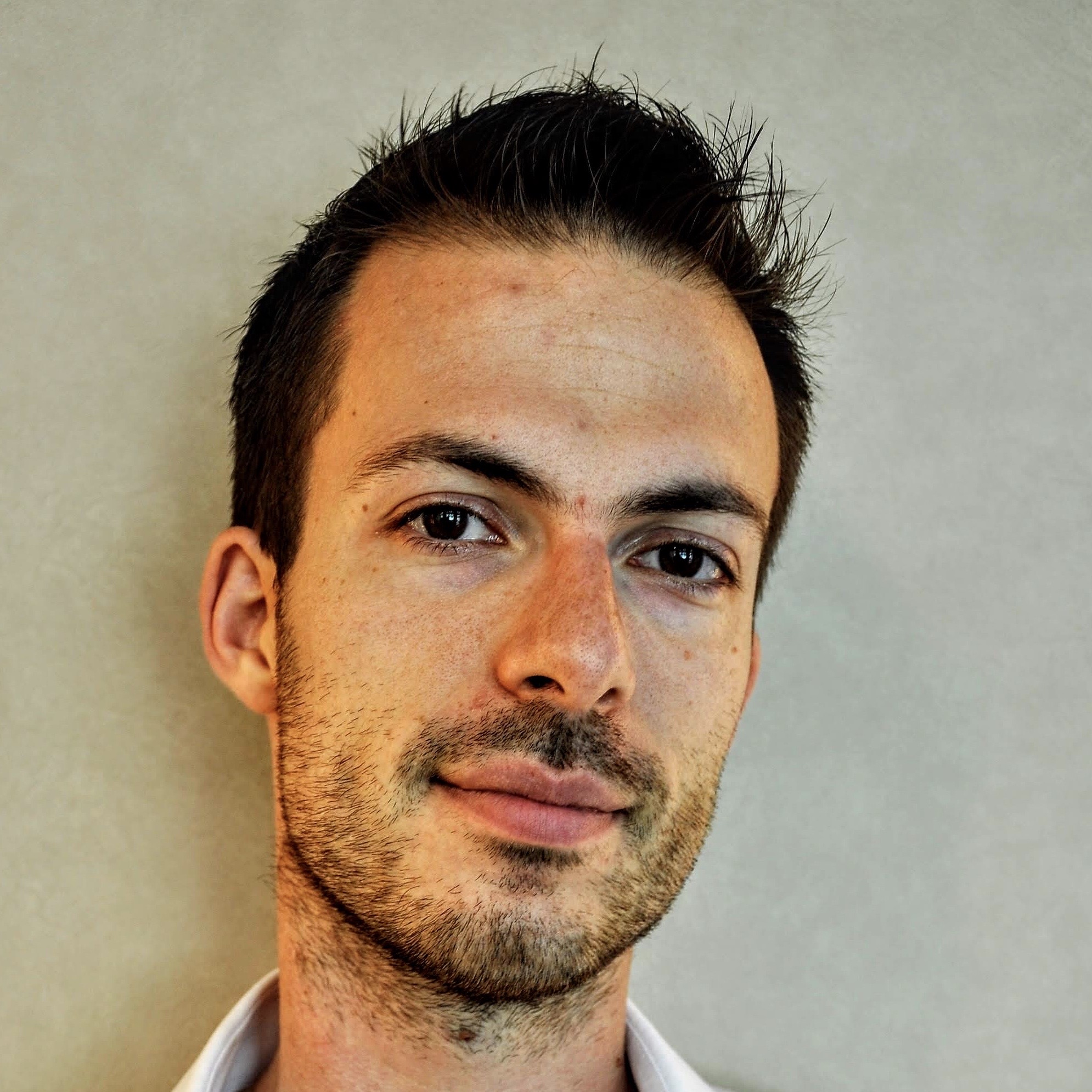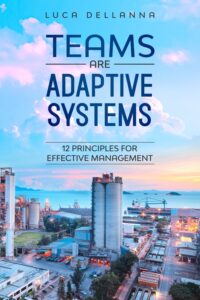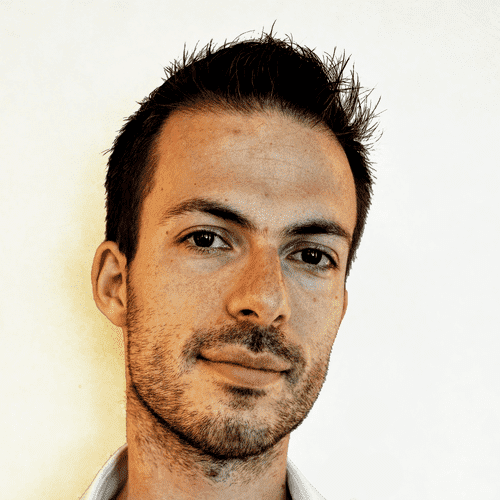Luca's monthly newsletter, on IQ, ethics, solving the right problem, and much more.
Quotes of the month
On truth
“If the news are fake imagine history” – Amused Chimp (link)
Training
“Managing people is not a promotion in your current line of work. It is an entirely new career that uses a different set of skills. Train. Your. People Managers” – Mark Brooks (link)
It’s absurd how many companies do not train their managers after promoting them. Or – more precisely – they train them, but only for the legal & bureaucratic part of their job. Some teach them a checklist (“set clear objectives”) but not the skills to complete it (“how to actually set clear objectives and avoid taking actions later which might create confusion”)?
Teach management skills, not management tasks.
More on management
By the way, in the same Twitter thread as the one discussed in the previous point, Mark Brooks has some more gems. Here is a selection.
“If an employee cannot celebrate someone else’s success, they’re not ready for management.”
“Are your best people working on the highest priority projects? Or are they working on things that are lower priority but you are afraid will suffer if you move them?”
Berkson’s Paradox
A great visual thread. Ignore the first tweet, and check the charts on the following ones. It’s worth it. Link
Ownership
“You become an adult once you understand that no one owes you anything.” – Orange Book (link)
Correlation and causation
Nassim Taleb recently linked to a study showing that Vitamin D is correlated with cardiovascular health but does not cause it. It is true that people with higher levels of Vitamin D tend to have good cardiovascular health – but likely because they spent a lot of time in the sun, presumably being more active than sitting on a chair. Vitamin D is probably just the byproduct of spending time outside.
In other words, taking Vitamin D pills won’t help your heart – physical activity will.
Robust certainty
“As we study complexity we don’t merely recognize uncertainty, but exchange false certainty for robust certainty.” – Joe Norman (link)
For example, growing a system in scale is likely to reduce skin in the game. There’s a different kind of certainty: we don’t know exactly how the problem will manifest, but we know more than we knew before and are thus better able to mitigate the problem or its consequences.
Lot of risk management, and job expertise in general, is about trading false certainty for a robust one. Know less about the details and more about what you should do, what could go wrong, and what to do about it.
On iteration
“Fast gets good quicker than good gets fast.” – Des Traynor (link)
In theory, I wholeheartedly agree. In practice, fast must stay nimble and alive long enough to iterate until it’s good. But with the right systems, focus, and precautions in place, it works.
More importantly, I do not know any way to know what’s good or how to achieve good other than iterating fast.
(Unless you’re already an experienced veteran; then, you can have a shot at going for good directly, if the market changed less fast than your expertise grew. But even then – few became veterans without iterating fast at some earlier point.)
On the same topic: “Startups are survival of the fastest.” – Florent Crivello
Essay: An Ergodic Career
A couple of weeks ago, I held a talk on ergodicity (video link; duration: 22 minutes). An attendee asked the following question: how can I make my career more ergodic?
If you have no idea of what ergodicity is, I suggest watching the talk recording before reading the next paragraphs.
Damage
To answer the question, let’s neglect technicalities and focus on usefulness. A first consideration, when asked “how can I make something more ergodic” is to prevent irreversible damage. For example, losing your job or burning out.
There are at least three complementary approaches. The first is to reduce these chances of damage. For example, choose a career where burn-outs are not common, become better at refusing tasks when you’re overloaded, and keep a healthy boundary between work and personal life.
The second approach is to mitigate the consequences of damage. For example, if you have marketable skills and a bit of cash in the bank, you do not care too much about having lost a job – you can easily find another one.
The third approach is to have damage hit a part of you but not you as a whole. For example, if you have multiple clients or are working on multiple projects, losing one won’t be too bad. Of course, make sure that they’re not correlated – otherwise, what causes you to lose one might cause you to lose all.
So, so far we have seen an objective – prevent or mitigate irreversible damage – and two complementary approaches: reduce risks and cap or mitigate their consequences.
Positives and negatives
A second consideration is that an activity is ergodic if the outcome of many people doing it is equal to the outcome of a person doing it for many years. Let’s use this definition to compare careers. Some jobs are dead-end, and the newcomer has almost the same responsibility and pay as the veteran. That would make the job non-ergodic: a veteran would have a different salary than the average salary of many newcomers.
From this point of view, these jobs are ergodic. In that case, ergodicity is something you probably do not want. Instead, you probably want a job with some career progression.
In fact, ergodicity is not always positive. You generally want yourself to be ergodic, but not necessarily the activities you engage with. For example, many people working in tech look for startups that have a small chance of a moonshot (and a high chance of failure). The trick is that, while they take a bet which is non-ergodic, they make sure that they themselves are playing an ergodic game. Venture Capitalists do so by placing many bets. Entrepreneurs do so by quickly moving to another project once the current one fails. In general, if you’re taking risky bets, you want to ensure that you can take a lot of them.
To summarize this last point. Most people want your career to be ergodic in the sense that they strive to guarantee a good outcome. But how to achieve that is not limited to ergodic bets – as long as they are bets that don’t result in irreparable damage.
Risk and ergodicity
Just like not all risk is bad, ergodicity is not always good. It’s always a question of: whose ergodicity?
Hence my encouragement to not think about ergodicity or risk-taking in black-and-white terms. Instead, think about the consequences. What’s the upside? What’s the downside? Can I make the former larger and the latter smaller? Can I make the former more certain and the latter less?
These are the questions to ask.
Note: this essay does not intend to fully answer the initial question. Rather, it aims to provide a few tools to think about the problem.
Personal Updates
Events & courses
I’ve opened registrations to the April and May cohorts of my Antifragile Organizations course (link).
This Saturday (27th of March 2021) I will hold a free-entry Q&A event – come if you have any questions regarding my books or courses! Here is the event link, with timings, registration, and download links for the calendar invites.
My March Twitter threads
- Eagles dying and complex systems
- Two questions regarding the pandemic
- Theoretical vs practical skin in the game
- Reopening with CO2 detectors
- Fatigue and antifragility
- Ergodicity and the tragedy of the commons
- The reasons for irrational behavior
- Problems with consulting
- Curation 2.0
- Is the autism spectrum two-tailed?
You can find the full list of all my Twitter threads here.
Request for testimonials
If you’ve been reading this newsletter for a few months already, would you mind replying to this email with a one-liner that I can share on my website or social media as a testimonial? Thank you, that would mean a lot!
Excerpts
Over the past weeks, I’ve published a few screenshots from pages of two of my books. Here they are.
- On irrational behavior (excerpts from The Control Heuristic)
- On management (excerpts from Best Practices for Operational Excellence)
You can download full excerpts of the first couple of chapters of most of my books here (link).
(You can read the Roam version of this newsletter here: link)








